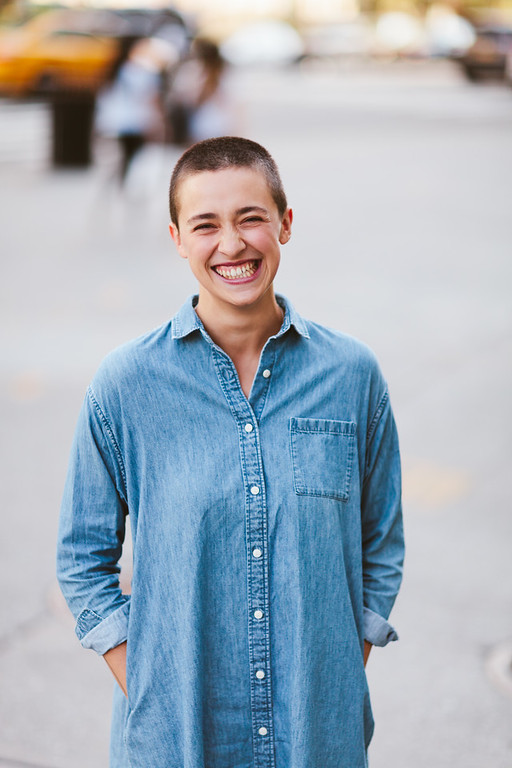SEMINAR SEMINAR SEMINAR SEMINAR SEMINAR SEMINAR SEMINAR SEMINAR SEMINAR SEMINAR SEMINAR SEMINAR SEMINAR SEMINAR SEMINAR SEMINAR SEMINAR SEMINAR SEMINAR SEMINAR SEMINAR SEMINAR SEMINAR SEMINAR SEMINAR SEMINAR SEMINAR SEMINAR SEMINAR SEMINAR SEMINAR SEMINAR SEMINAR SEMINAR SEMINAR SEMINAR SEMINAR SEMINAR SEMINAR SEMINAR SEMINAR SEMINAR SEMINAR SEMINAR SEMINAR SEMINAR SEMINAR SEMINAR SEMINAR SEMINAR SEMINAR SEMINAR SEMINAR SEMINAR SEMINAR SEMINAR SEMINAR SEMINAR SEMINAR SEMINAR SEMINAR SEMINAR SEMINAR SEMINAR SEMINAR SEMINAR SEMINAR SEMINAR SEMINAR SEMINAR SEMINAR SEMINAR SEMINAR SEMINAR SEMINAR SEMINAR SEMINAR SEMINAR SEMINAR SEMINAR SEMINAR SEMINAR SEMINAR SEMINAR SEMINAR SEMINAR SEMINAR SEMINAR SEMINAR SEMINAR SEMINAR SEMINAR SEMINAR SEMINAR SEMINAR SEMINAR SEMINAR SEMINAR SEMINAR SEMINAR SEMINAR SEMINAR SEMINAR SEMINAR SEMINAR SEMINAR SEMINAR SEMINAR
The Limits of Touch
Race and Intimacy
SEMINAR LEADERS

Photograph by Brittanny Taylor
[ IMAGE DESCRIPTION: A vertical portrait depicts Lily Mengesha smiling at the camera. She is centered in the photo, and her head and torso are in frame. She is a Black woman with light skin and curly, dark brown, shoulder-length hair. She is leaning up against a wooden fence, wearing a geometrically patterned tan jacket over a blue shirt. She is outside, on a fenced path lined with trees that fades out of focus and into the background. The sky is grey and overcast. ︎︎ heart symbol ]
Lilian (Lily) Mengesha is the Fletcher Foundation Assistant Professor of Dramatic Literature in the Department of Theatre, Dance, and Performance Studies, and the Department of Studies in Race, Colonialism and Diaspora at Tufts University. Her research and teaching live at the intersection of critical Indigenous studies, gender and sexuality studies and performance theory. Her current book project, Critical Dreaming: Indigenous Performance and Decoloniality in the Americas, argues for dreaming as a critical performance tool for decolonial practice, particularly in the works of Indigenous-centered and feminist artists throughout North and Central America. Her research seeks to illuminate how artists use their bodies as active, lively agents for documenting legacies of dispossession as well as blueprints for healing and transformation. Continuing her work in decolonial artistic practice, Dr. Mengesha's second book project focuses on the embodied scripts of land, displacement and placelessness.
![]()
Photograph by Hemispheric Institute
[ IMAGE DESCRIPTION: A vertical portrait depicts Olivia Michiko Gagnon grinning at the camera with enthusiasm. She is centered in the photo, and her head and torso are in frame. She is a mixed-race––white and Japanese-Canadian––settler woman with a buzz cut wearing a big light denim button down shirt with pockets. Her hands rest in her pockets. The background is out of focus, but it appears she is standing on the asphalt of a street in New York. ︎︎ heart symbol ]
Olivia Michiko Gagnon is Assistant Professor in the Department of Theatre & Film at UBC, where she writes and teaches across performance studies, critical race theory, queer and feminist theory, and critical Indigenous studies. She is currently working on her first monograph which theorizes closeness as a minoritarian method of doing history through art & performance and beyond archival stricture. Her writing has appeared in ASAP/Journal, Canadian Theatre Review, emisférica, Syndicate, and Women & Performance: a journal of feminist theory, where she was Managing Editor from 2017 – 2019 and is co-editor (with James McMaster) of a special issue titled The Between: Couple Forms, Performing Together. She has also written for the Vancouver Art Gallery (with Monika Kin Gagnon) and the New Museum, and was formerly Managing Editor of HemiPress at the Hemispheric Institute of Performance and Politics in New York City. She received her PhD from the Department of Performance Studies at NYU.

[ IMAGE DESCRIPTION: Purple line drawing of two interlocking circles ︎ heart symbol ]
[ IMAGE DESCRIPTION: A video screenshot appears in the video player above. An image description of the screenshot can be found on page two of the transcription file here. ︎ heart symbol ].


